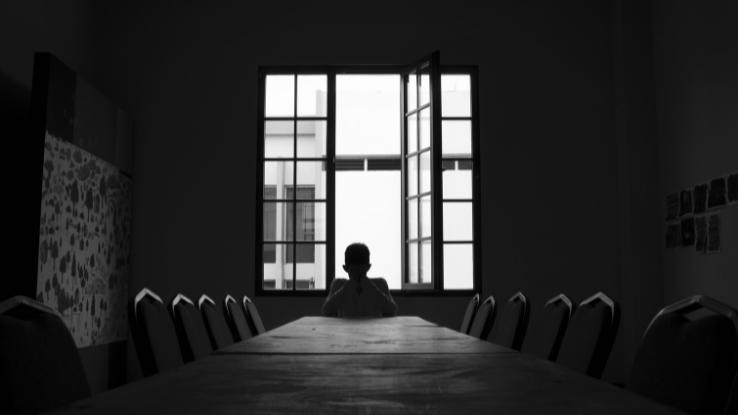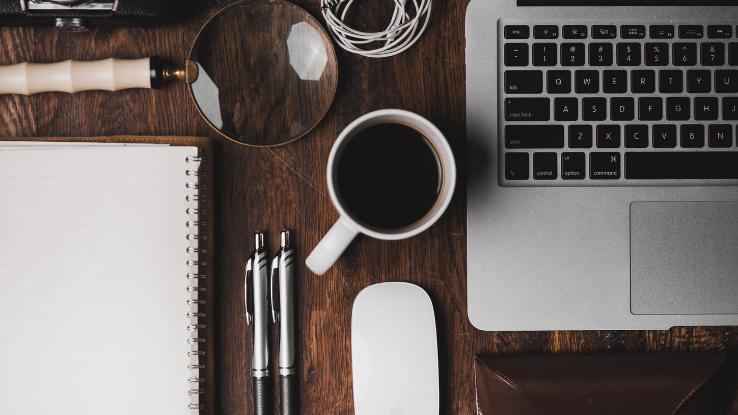Its Easy to Walk Away but Its Hard to Stay and Fight

Fight Procrastination Day is an unconventional holiday that falls on September 6 every year. Instead of gifting presents or dressing up for parties, Fight Procrastination Day encourages people to tackle the tasks they might have otherwise put off. Becoming a more productive and less stressed individual is the end goal of this holiday. The barrier of entry is also virtually non-existent; you don't need to spend any money on extravagant supplies. A willingness to rise to the occasion and hold yourself accountable is all that's required.
Pandemic burnout and Zoom fatigue are both very real conditions that can hinder our ability to focus. Working from home, studying from home, and bounding from one video call to another can feel absolutely draining. The temptation to procrastinate might be stronger than ever for even the most diligent people. Fight Procrastination Day is the perfect opportunity to mentally recover and create practical plans that will increase your productivity. We'll discuss some of the ways procrastination can affect you, and then share some viable strategies for overcoming it.

Procrastination isn't just a bad habit. It can also become a serious health risk over time. Licensed counselor Rachel Eddins claims that "avoidance strategies create psychological pain" — pain which eventually manifests in tandem with anxiety, depression, and eating disorders. Binge-eating buckets of ice cream can be a form of procrastination. Worrying about the quality of a school paper instead of actually writing it can be a form of procrastination. A vicious cycle then ensues — you feel bad about procrastinating, so you indulge in the avoidance strategy that negatively affected you to begin with. Breaking free from this cycle is challenging, but not impossible.
Researchers like Dr. Fuschia Sirois have discovered that procrastination can negatively affect your physical health as well as your mental wellbeing. Sirois believes that individuals who procrastinate in spite of any looming negative ramifications experience heightened levels of stress. Suppose that your employer gave you a time-sensitive assignment, but you repeatedly delayed working on it. When the deadline approaches, you're hit with a wave of stress from the fear of a negative outcome. According to Sirois, that stress can lead to cardiovascular disease and hypertension over time. Moreover, delaying trips to the doctor or neglecting to exercise can have more immediate effects on your physical health.
How Can You Stop Procrastinating?

Whether we're aware of it or not, we create strategies that enable us to procrastinate. However, we can also create positive strategies that will increase our productivity. Psychologist Tim Pychyl outlines seven triggers for procrastination, as well as several solutions, in his book The Procrastination Equation. Boredom, frustration, difficulty, ambiguity, lack of meaning, lack of structure, and minimal rewards are all procrastination triggers, according to Pychyl. Inverting these triggers is an effective way to become more productive. Are you putting off a project because it's difficult? Complete the tasks you can handle, even if you have to skip around.
Being more productive doesn't mean working nonstop. In fact, scheduling breaks for yourself is an essential way to beat both pandemic and Zoom fatigue. The longer you work during a set time period, the longer your break should be. Were you in a 60-minute Zoom call? Take a 5 or 10-minute break. Did you spend two hours knocking out a report? Step away from your screen for 15 minutes. People often procrastinate because they feel overwhelmed. Scheduled breaks simply make taking time off part of your day.
Consider these additional strategies when Fight Procrastination Day rolls in:
- Create a To-Do List and a Not-To-Do List.
- Take scaling breaks throughout the day.
- Work on your toughest/ least enjoyable assignments first.
- Keep track of time/only work on projects for a set amount of time — no more, and no less.
- Eliminate and distance yourself from distractions. Incorporate physical blockades if need be.
- Reward yourself for completing your tasks.
Resource Links:
- "How Can We Address, Assess, and Manage Pandemic Burnout?" via Ask.com
- "What Is Zoom Fatigue — and How Can You Combat It?" via Ask.com
- "Better Get to Work: Procrastination May Harm Heart Health" via Association for Psychological Science
- "5 Research-Based Strategies for Overcoming Procrastination" via Harvard Business Review
stephensondoorcall.blogspot.com
Source: https://www.symptomfind.com/healthy-living/fight-procrastination-day?utm_content=params%3Ao%3D740013%26ad%3DdirN%26qo%3DserpIndex&ueid=ecbb579b-2c05-42b2-abf8-a4a963274d94